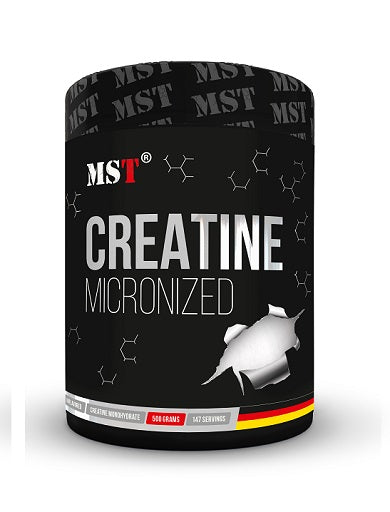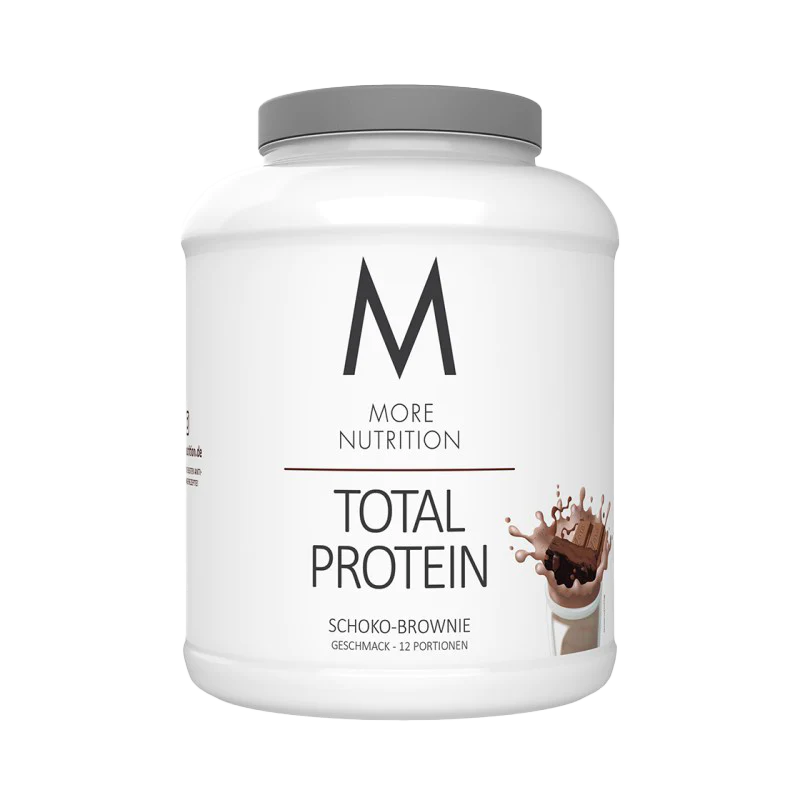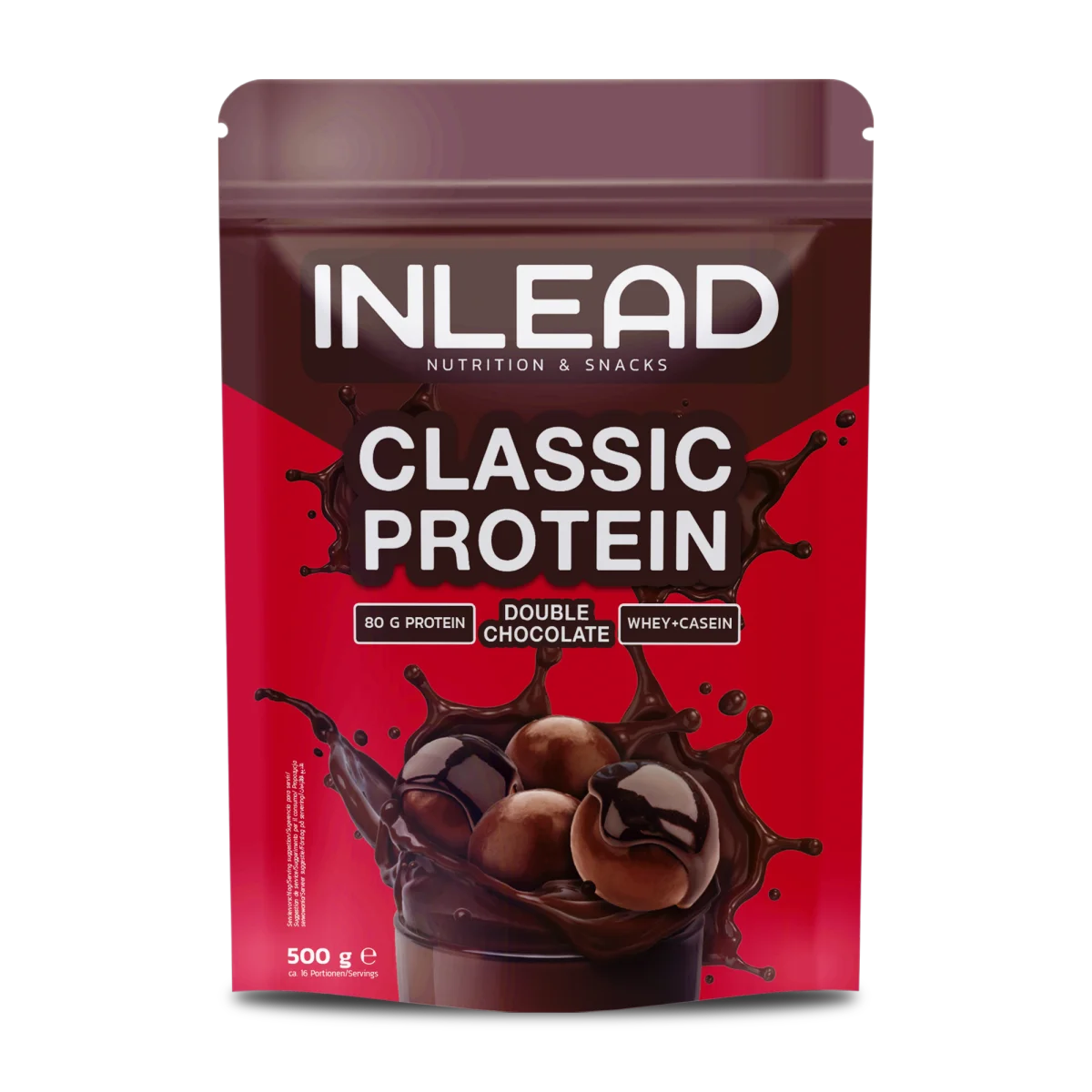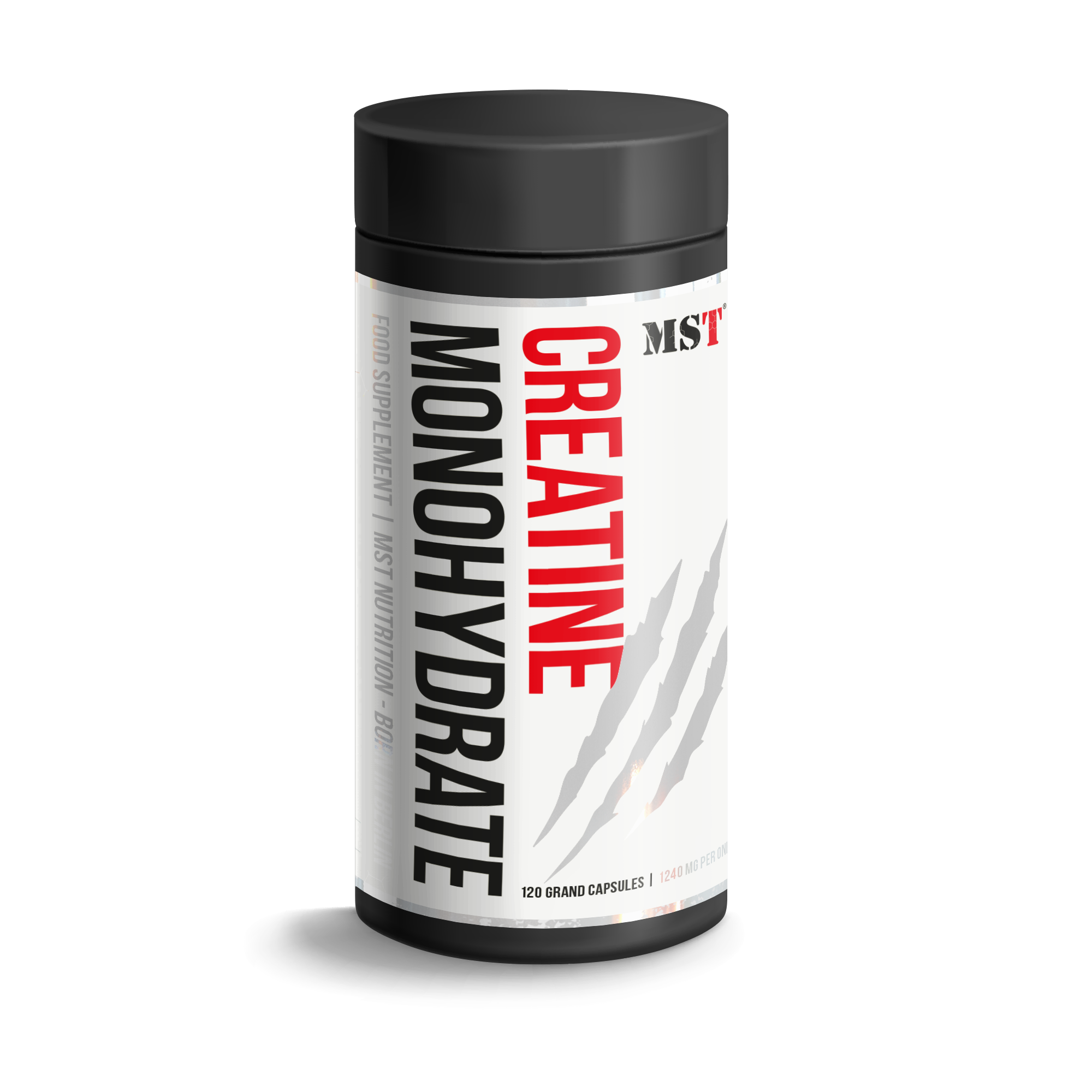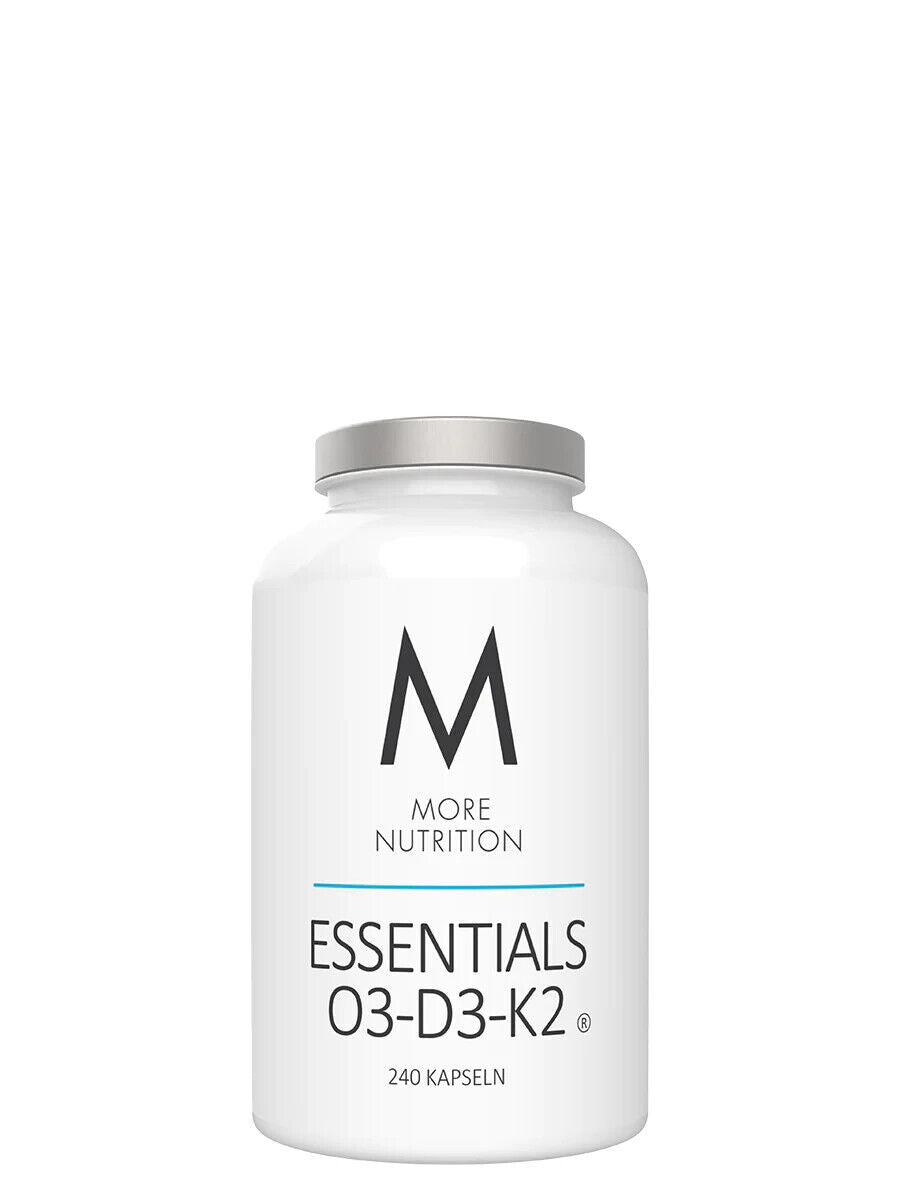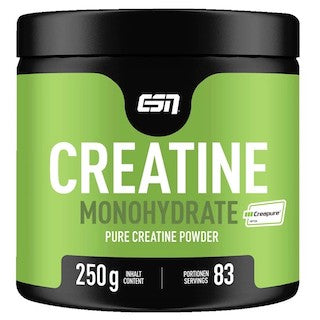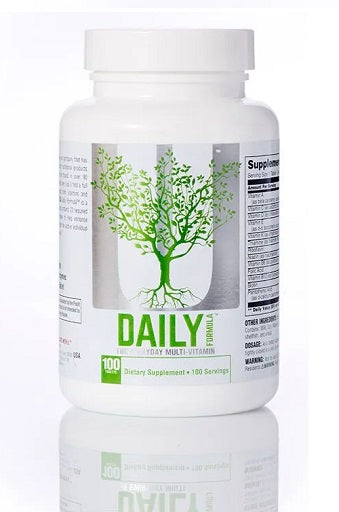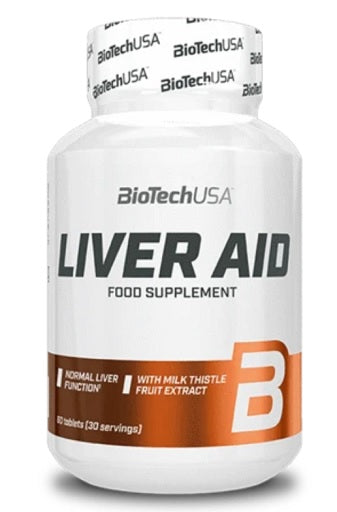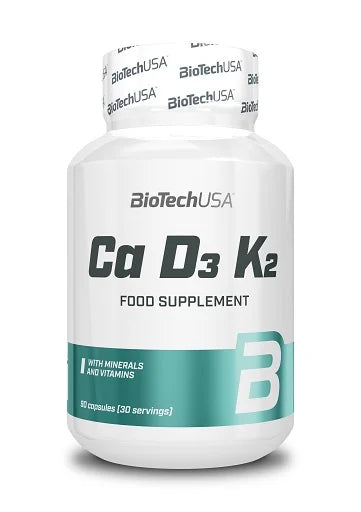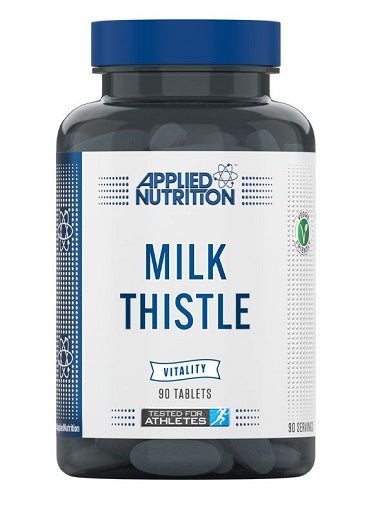Protein Myths: Did you fall for it too?
Protein is important!
This information makes sense and should be known to everyone who values a healthy, powerful body. But when we delve deeper into the matter, things get difficult. You are entering a world of protein myths full of positive and especially negative effects of proteins. We will discuss and clear up four of these misunderstandings in today's article.
Myth 1
Proteins above the RDA recommendations can be harmful to the kidneys.
One of the most persistent misconceptions about protein is that higher intakes (above the recommended daily allowance) can cause kidney damage or promote kidney failure.
Some previous studies have reported an increased risk of microalbuminuria and kidney disease, as well as an increase in glomerular filtration rate (GFR) and urinary nitrogen excretion.
Brenner et al. These deleterious effects of excessive protein intake have been shown to be due to increased glomerular pressure and hyperfiltration (1-3).
Although the term “correct” should be seen in the context of “essential” and “harmless,” proper protein intake in patients with kidney disease remains controversial ( ).
Studies in healthy people show that higher protein intake is not associated with negative effects on kidney health.
In the study by Antonio et al. (5), strength training men followed a diet that provided more protein than the recommended daily allowance (i.e., 2.6 to 3.3 grams of protein per kilogram of body weight) four times for eight weeks.
After an overnight fast, three blood samples were collected. Kidney function is assessed using laboratory markers such as blood urea nitrogen (BUN), globulin and albumin/globulin ratio.
No changes were observed in the normal or high protein groups. Serum creatinine, estimated GFR, BUN/creatinine ratio, globulin, and albumin/globulin remained within normal limits. A follow-up study (6) examined the possible side effects of a high-protein diet with an average daily protein intake of 3.5 grams over two years.
Weight in kilograms. Based on this group's laboratory values (ie, glucose, BUN, creatine, eGFR, ALT, and AST), the high-protein diet had no negative effects on liver and kidney function.
Putmans et al. (7) Albumin excretion rate, nitrogen and calcium balance, and GFR were measured in male athletes who typically consumed more than 1.35 g of protein per day.
Weight in kilograms. Despite elevated serum calcium concentrations, albumin excretion rate and glomerular filtration rate remained within normal limits.
Knight et al. ( ) Glomerular filtration rate (eGFR) was not altered in healthy women who reported higher protein intake. Research confirms that consuming large amounts of protein does not affect kidney function in healthy individuals.
Although changes in glomerular filtration rate (eGFR) have been reported in some studies, these changes are attributed to normal renal responses (8).
In healthy people, changes in glomerular filtration rate are the body's normal response to increased dietary protein intake and are not a sign of an increased risk of kidney complications.
Eating large amounts of protein has no effect on kidney function in healthy people.
Myth 2
Excessive protein intake is harmful to bone health.
It is widely believed that high protein intake can have negative effects on bone health.
The acid-base theory suggests that sulfur-containing amino acids create an acidic environment in the body (9). To maintain homeostasis, the body removes calcium from bones and acts as a buffer.
In fact, studies have shown that long-term reliance on bone minerals to buffer an acidic environment can lead to a decrease in bone mineral density (BMD) and an increased incidence of fractures (10-12).
On the other hand, adequate protein intake has been shown to be essential for the development and maintenance of bone health (13, 1). Research also shows that high protein intake has no impact on bone health (8, 15 – 17).
Scientific research on this topic is a little more than its value. When it comes to acid overload and its effects on bone health, both views are probably correct:
- Protein is an important part of building and maintaining bone substance.
- Increased acid load as a result of an unbalanced diet, as well as any other factors that affect total acid load, can lead to the need to release more minerals from the bones as buffers. Protein intake is one of the many pieces of the puzzle when it comes to linking acid-base balance to bone health.
An increased protein intake does not necessarily harm bone health as long as it is part of an overall balanced nutritional concept with regard to the acid-base balance.
Myth 3
Excess protein is stored as fat.
A large number of studies show the benefits of protein for weight loss or increasing fat-free mass (21, 22).
However, there are also studies that show that increased protein intake can increase body weight. This was observed in a cohort study determining protein intake as a percentage of total calories (under 15%, 15 - 20%, over 20%), in an observational study that found such a connection mainly for animal proteins, or in a study that found a connection only found when protein was replaced by carbohydrates but not by fats (18 - 20).
The answer to the original question can be found in studies such as those by Antonio et al (21), in which resistance-trained men were given a diet with a normal amount of protein for 6 months and a diet with a higher amount of protein for 6 months, including a calorie increase of 00 kcal.
Despite the protein-related increase in calories, the subjects did not gain fat mass. In addition to low-calorie diets, high-protein diets always have a positive effect on body composition. Some studies show that a high-protein diet can lead to greater fat loss while better preserving lean body mass (23, 2).
Current research shows that increased protein intake on both low- and high-calorie diets promotes an increase in muscle mass, but does not necessarily lead to an increase in fat mass.

Myth 4
Eat only 30 grams of protein per meal.
Many publications estimate that the human body can absorb up to 30 grams of protein per person. Anything beyond that is excreted and used as energy or stored as fat.
When it comes to maximizing protein synthesis, previous research suggests that 20 to 30 grams per serving provides the most benefit (25, 26). Now it's at least possible to look at it through the lens of age.
When large amounts of protein are consumed at once, protein turnover increases, more nitrogen is retained, and more amino acids (including leucine) are oxidized. Proteins are broken down into amino acids, which can then be used in various metabolic pathways in the body.
- Excess substances can be converted into metabolic substrates such as glucose through the process of gluconeogenesis.
- Other endogenous protein complexes as well as transporters can be synthesized from amino acids.
From an evolutionary perspective, “30 grams per serving” might be wrong. For hunter-gatherers and even humans in the Paleolithic, food was a rare commodity that was only available seasonally.
This leads people to eat more as they increase their supplies to be better prepared for times of food shortages. It is estimated that protein intake per person in the Paleolithic was about 2.5 grams. As food availability increases, body weight in kilograms per day increases (27-29).
There is no evidence that people should consume no more than 30 grams of protein per meal. The hypothesis suggests that the “optimal” protein intake, i.e. the consumption of protein synthesis, is confused with the “maximum possible” protein intake per person. Serve, and so the protein legend was born.

















































































